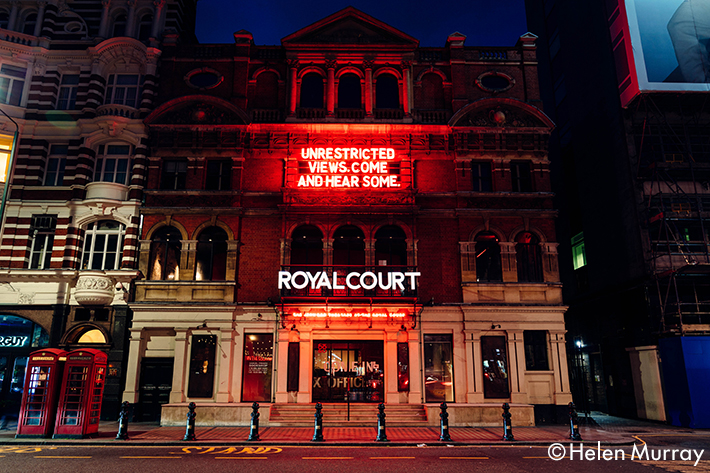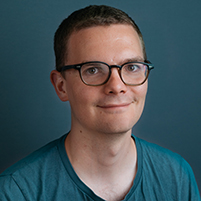
The Royal Court Theatre
https://royalcourttheatre.com/
* International Programme
The International Programme at the Royal Court builds and develops the theatre’s relationships with writers and artists from around the world. It forms long-term partnerships with theatre-makers and organisations from different traditions, working in different languages and cultural contexts. Its aim is to support writers to bring their practice, dramaturgy and perspective to the works they make with the RC. The programme runs long term writers’ groups, residencies, exchange projects and produce work by international artists. It programme also seeks to support the practice of theatre in translation, with projects and opportunities aimed at emerging translators.
After Eriko Ogawa, the Artistic Director of the New National Theatre, Tokyo, visited the RC in 2017, the two theatres launched Royal Court Theatre×New National Theatre, Tokyo, Playwrights’ Workshop — a new joint collaboration project in 2019.
Royal In the first phase of that project from May 13–19, 2019, Sam Pritchard, the RC’s Associate Director (International), along with Jane Fallowfield, its Literary Manager, and the award-winning English playwright Alistair McDowall, all visited Tokyo and held the first workshop with 14 Japanese playwrights. In the second half of that meeting they started to discuss the writers’ ideas for their new works, with each one committing to submit their first draft within three months.
For the second phase of the project, from Dec. 9–15, 2019, the same people returned to Japan from the RC, and again held workshops while also exchanging opinions about the playwrights’ first drafts. This time, they made it the next target for the writers to submit their second drafts within two months.
After that, the third and last phase, spanning 2020–2021, had to be held online due to the COVID-19 pandemic, with the 14 participants discussing their writing with RC’s facilitators in London and also having individual meetings with them before doing workshops with actors in Tokyo.
Finally, audiences will see the first fruit of this joint international project when Ei Sugai’s My Month, centered on the sudden loss of a close family member, runs at the NNTT from Nov. 2–20 — while readings of Not Yet Midnight by Tomoko Kotaka, Onigoro Valley (Saori Chiba) and 28 hours 01 minute (Shoko Matsumura) will be presented at the RC from Jan. 26–28, 2023.


